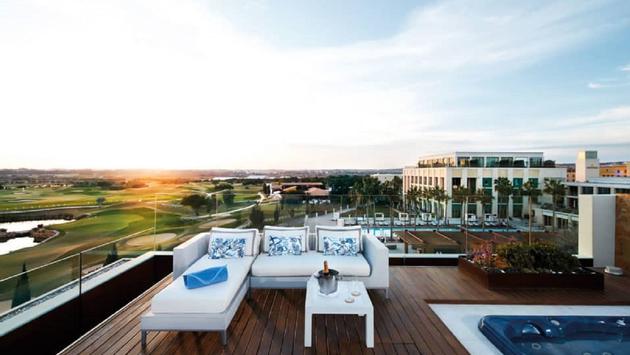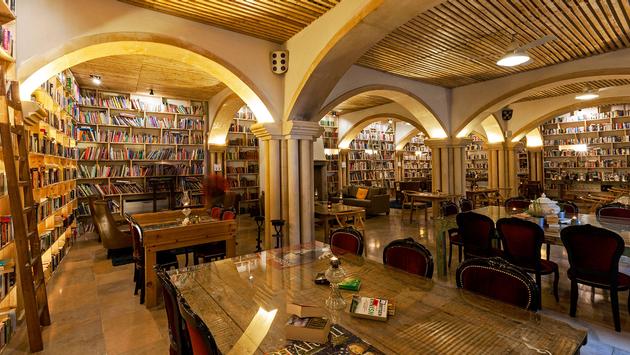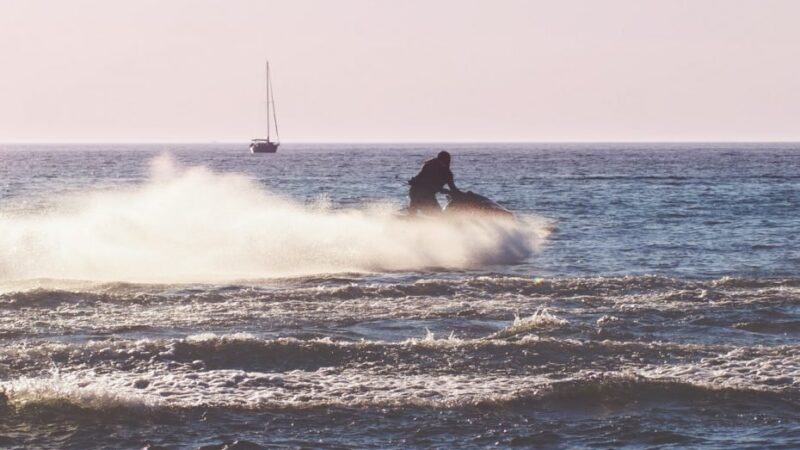Americans don’t know when they can visit the European Union again. But they can know where to go when the ban lifts. It’s Portugal. The Age of Discovery’s MVP, this understated country the size of Indiana has yet to really be discovered. Sure, Portugal has been a hot destination since 2017. But it welcomes a fraction of the visitors welcomed by neighboring Spain and France. (It also has a fraction of COVID-19 cases). Fortunately, TAP Air is resuming service to seven U.S. cities in October. From north to south, by land and sea, here’s how to discover the country that discovered the world.
North
Step 1: Fall for Porto.
Porto is Portugal’s second city. It’s also its namesake. Located where the Douro River meets the Atlantic, Porto is as waterfront as cities come. It’s edgier than Lisbon – locals are friendly but frank. It’s arguably more picturesque – thanks to six bridges including one designed by Gustave Eiffel. It’s also cheaper. Rooms at Lisbon’s 5-star Intercontinental start at $166. Rooms at Porto’s 5-star Crowne Plaza start at $99. Porto also has boutique properties in renovated historic buildings. Rates at Shiadu’s insta-worthy guesthouses start at $70. Wherever you stay, cross the bridge to Gaia – home to dozens of 17th-century wine cellars. In August, the Taylor family opened WOW – The World of Wine. Formerly abandoned buildings comprise this new cultural district housing six museums, 9 restaurants and the best views of Porto.
MORE Features & Advice
Step 2: Tour the Douro.
Cruise up the river from Porto to the Douro Valley where wine isn’t a way of life, it is life. Or, take the train. It’s cheaper and has better views. Once there, the best way to get around is with a guide like Portugal Green Walks. As you walk or cycle through the terraced vineyards and tiny villages, you’ll learn why the Douro became the world’s first demarcated wine region. You can stay in Pinhao. But for a scenic change of scenery, drive an hour west to Amarante, where you have more options such as Des Arts Hostel & Suites. It’s operated by the grandchildren of the founders’ grandchildren. For a birds’ eye view of Amarante, jump aboard an Inside Experiences Jeep.
Step 3: Explore the coast.
Rent a car and within 15 minutes of walking the cobblestone streets of Porto, you can sink your feet in the golden sand at Matosinhos. Soak up the sun or check out the school at Onda Pura where instructors teach surfing, SUP and even skateboarding. For windsurfing or kitesurfing, drive 45 minutes up the coast to Hotel FeelViana. This sports hotel founded by a windsurfer even has its own wakeboarding park.
South
Step 1: Fly into Faro.
Famous for white-sand beaches and dramatic cliffs, the Algarve is where the Portuguese vacation. Dozens of European cities have direct flights to Faro. To stay and play where the golfers winning the Portugal Masters do, book a room at the 5-star Anantara Vilamoura Algarve Resort. For a more intimate but equally luxurious experience, drive to the border of Spain and stay at Grand House Algarve. It’s a pet-friendly Relais & Châteaux property where the resident butler is a Portuguese water dog. The early bird special is book 80 days in advance to save 20 percent.

Step 2: Catch a boat or two.
The Dream Wave line at Albufeira Marina is long, but it makes sense. You’ll never forget the world-class beaches, impressive rock formations and playful pods seen on its best-selling cave and dolphin watching tours. For a slower pace, visit the islands of Ria Formosa Natural Park. The best way to see them is by hiring a guide like Diana from Portugal 4U. She knows who the resident birds are, which plants are edible, how to harvest oysters and where to get the freshest catch of the day.
Step 3: Meet the locals.
While the Algarve is famous for its foreigners – it’s the third most popular vacation spot for Brits – you can still meet locals like Jorge Raiado, founder of Salmarim. He’ll even pick you up on his motorbike before showing you how he harvests salt and hosting a salt pairing class. (He makes custom flavored salts for Portugal’s top chefs.) If you simply want a memorable meal – and a break from seafood – try Restaurant Ramires. What started as a small cafe in 1964 is now a three-story family-owned restaurant filled with locals sharing plates of Ramires’ signature piri piri chicken.
Central
Step 1: See Lisbon and Sintra.
Lisbon’s nicknames include the City of Seven Hills, the City of Lights and the Queen of the Sea. Regardless of what it’s called, call it home for a few days, because this European capital is just as enchanting as its better-known counterparts. What makes Lisbon unique, however, is its music. Visit Museu do Fado or a traditional bar to understand why Fado made UNESCO’s Intangible Cultural Heritage list. Leave a day for exploring nearby Sintra. Once a retreat for Portugal’s royalty, today their former homes – including castles – are open to the public. Since they sit atop hills, the best way to palace hop is by e-bike with Park E Bike.
Step 2: Sleep in award-winning hotels.
Even though you’re paying, it feels like a privilege to stay in hotels here. Lisbon has plenty. But why not stay in a 700-year-old medieval village just 50 miles away? According to Travel & Leisure, book lovers must visit Óbidos – home to an international literary festival – and book a room at The Literary Man – home to 40,000 books. Its sister hotel is Rio do Prado – an eco-inspired boutique property that won Portugal’s top hotel award the first year it opened. Traveling with a group? Reserve a villa or townhouse at Areias do Seixo. This 5-star property takes home a TripAdvisor Traveler’s Choice Award every year.

Step 3: Catch, or watch, the waves.
Central Portugal’s coastline is world re-known for its waves. The fishing village turned seaside resort, Nazaré, boasts a wave so big it holds a world record. (“The Telegraph” called it the ocean’s Everest.) The best professional surfing competitions take place here. They’re free, and fun, to watch. Or book a bungalow at Noah Surf House and learn how to catch your own. Finally, head to Óbidos Lagoon – Portugal’s largest saltwater lagoon. On an Intertidal boat tour, you’ll learn when the lagoon was formed, how to fish for clams, why kite-surfers flock here and what kind of flamingos are feeding next to you.





Recent Comments